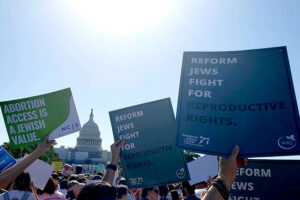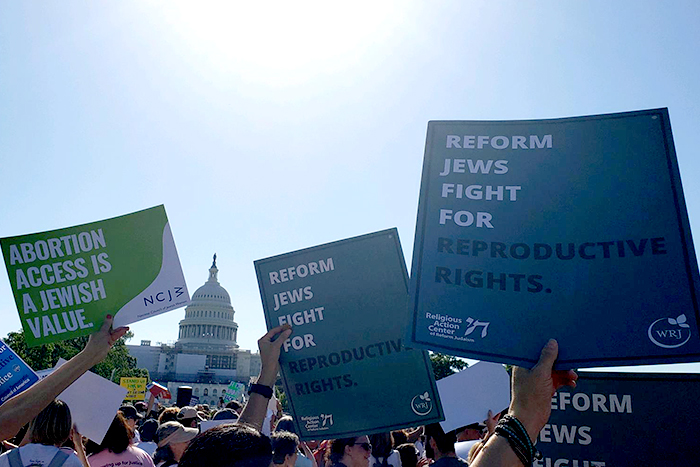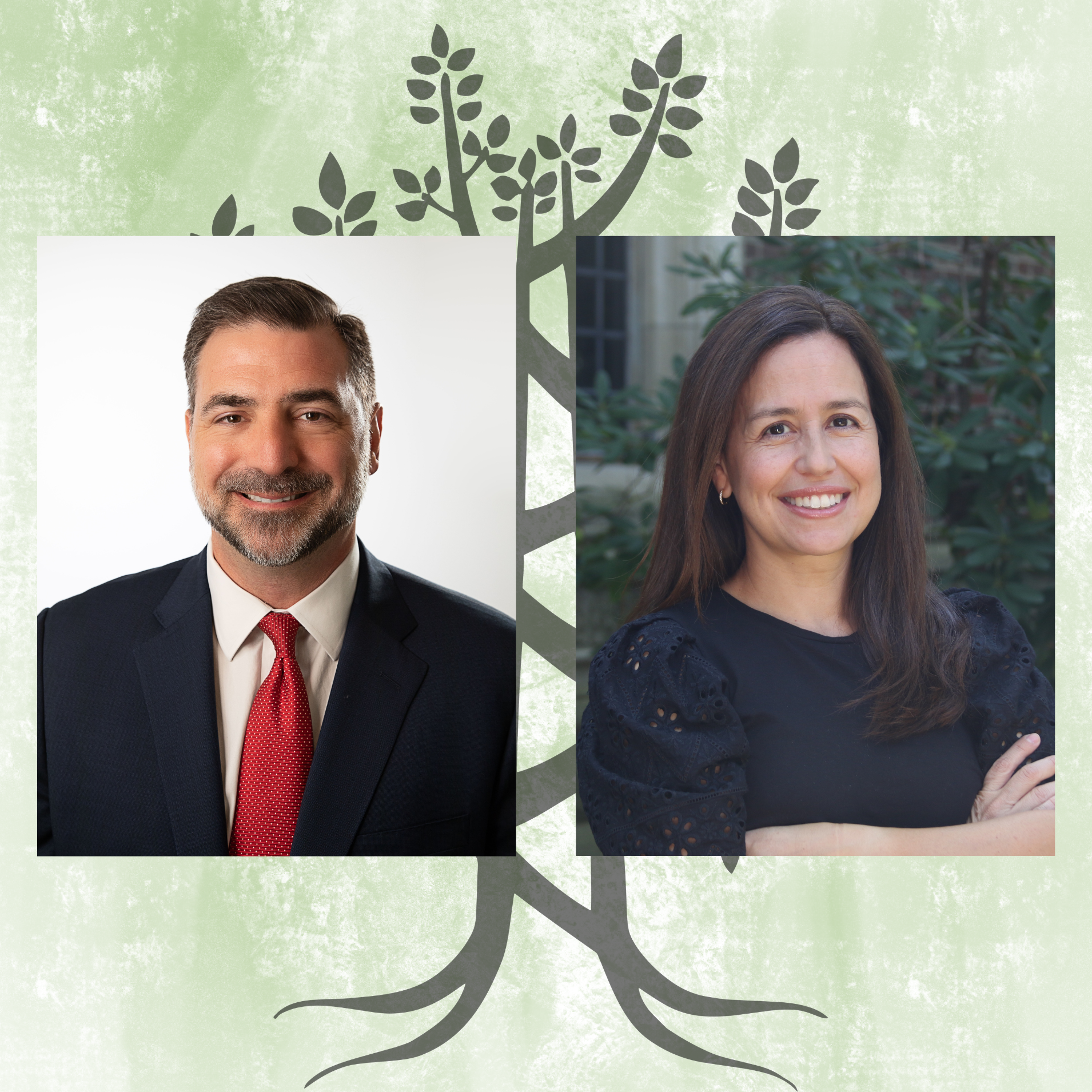
Reproductive Justice and a few good men:
Ayekah? Where are you?
“And God called to Adam asking, Ayekah?” (Gen. 3:9), where are you? We understand that God, described as all seeing and knowing, was not wondering where Adam was physically as Adam hid in the garden. So,what was God asking?
And when we ask of our men “Where are you?” We know where you are physically: you are home, in offices, at school. We are asking, where are you in true partnership with us on the crisis of reproductive justice, health and yes, abortion?
Reproductive Justice is not a women’s issue alone. Of course, it affects our bodies, our homes, and livelihoods, but we do not impregnate ourselves. Men (and boys) played or will play an intimate role. What happens when a woman loses autonomy over her body and when women and couples lose the ability to decide whether and when to have a family or the size of their family? Inability to get an abortion could very well be an unexpected knock on your door, derailing your plans and economic future as it will hers. What happens when your sister or aunt or any cherished woman in your life gets pregnant and her health is at risk because you live in a state that denies her the right to complete health care? What if her only option was to travel for several hours, at great expense, to terminate the pregnancy — but she might lose her job, or she doesn’t have the funds, or she has other children at home to care for (70% of women who have abortions already have two children and cannot afford a third)? What about your girlfriend? Your wife? Your daughter? Your DAUGHTER. Where will she go to college? What if she requires birth control but has limited or no access to contraception? What if she is impregnated due to a party gone too far or a failure of birth control? Is or should it be only her problem? We think not.
We need men to work with us publicly, vociferously, and consistently to present a strong, united front. Between us we have raised 5 amazing young men. We shepherded them through a culture of toxic masculinity, the same way many of you have shepherded daughters through an overly sexualized female culture. Those cultures together are like a match to kerosene and we all must work to combat the images and messages. Some of our sons live in hostile states that would deny the women in their lives the full panoply of reproductive choices and rights. Some of our sons live in protected states but may be faced with a job search that takes them out of that state. Which family concerns should take priority?
What does it mean to say hineni in this call? What does it mean for men, young and older, to really support reproductive choice and rail against misogyny, sexism, racial bias, and the denial of economic justice? Rob Orkun, an anti-sexist activist and editor of Voice Male (which chronicles the social transformation of masculinity), asks men to organize among themselves to understand and find their role in the Reproductive justice battle.
Men need to say, Hineni. I am here. I am in this with you.
-Marjorie Freiman and Amy Gorin


